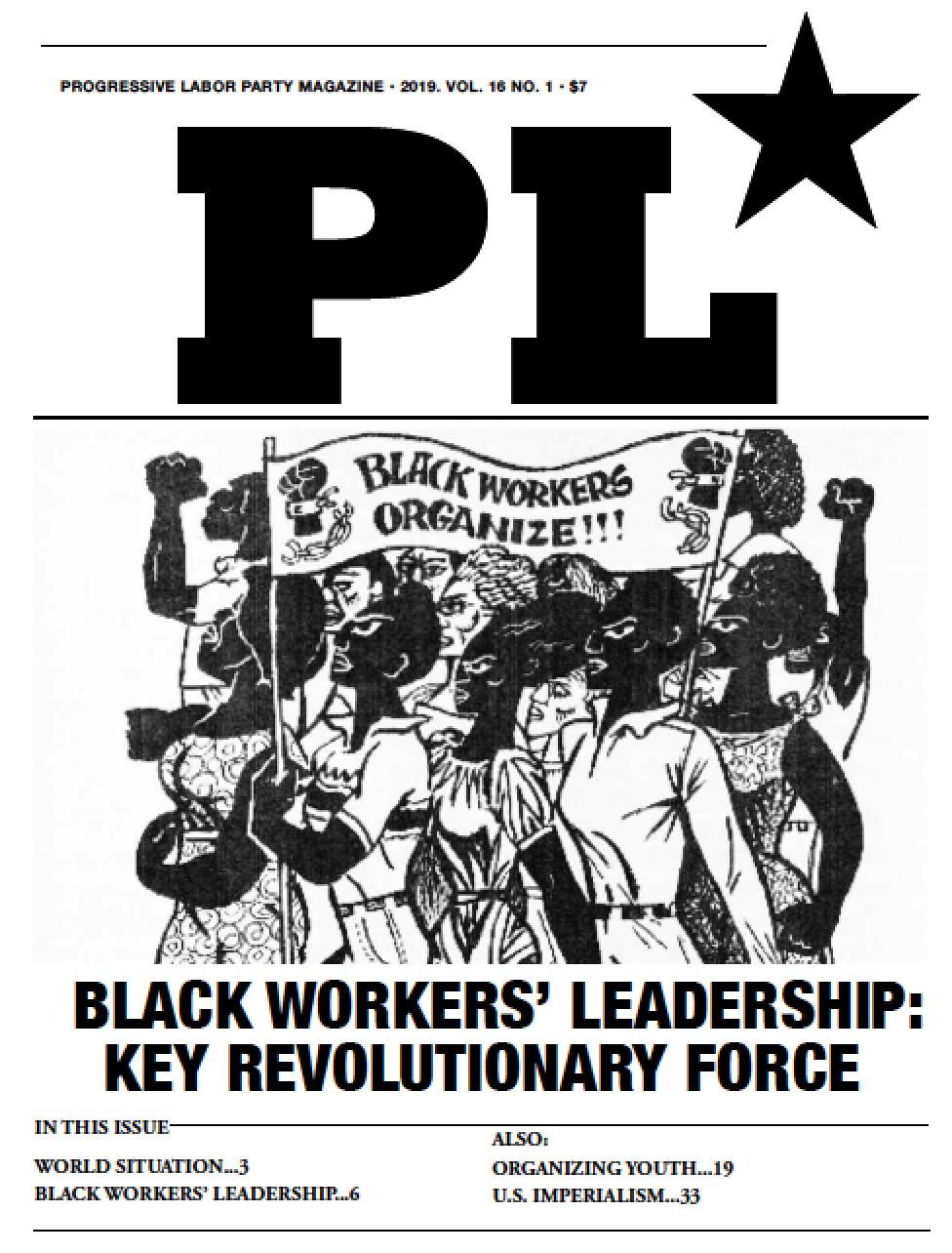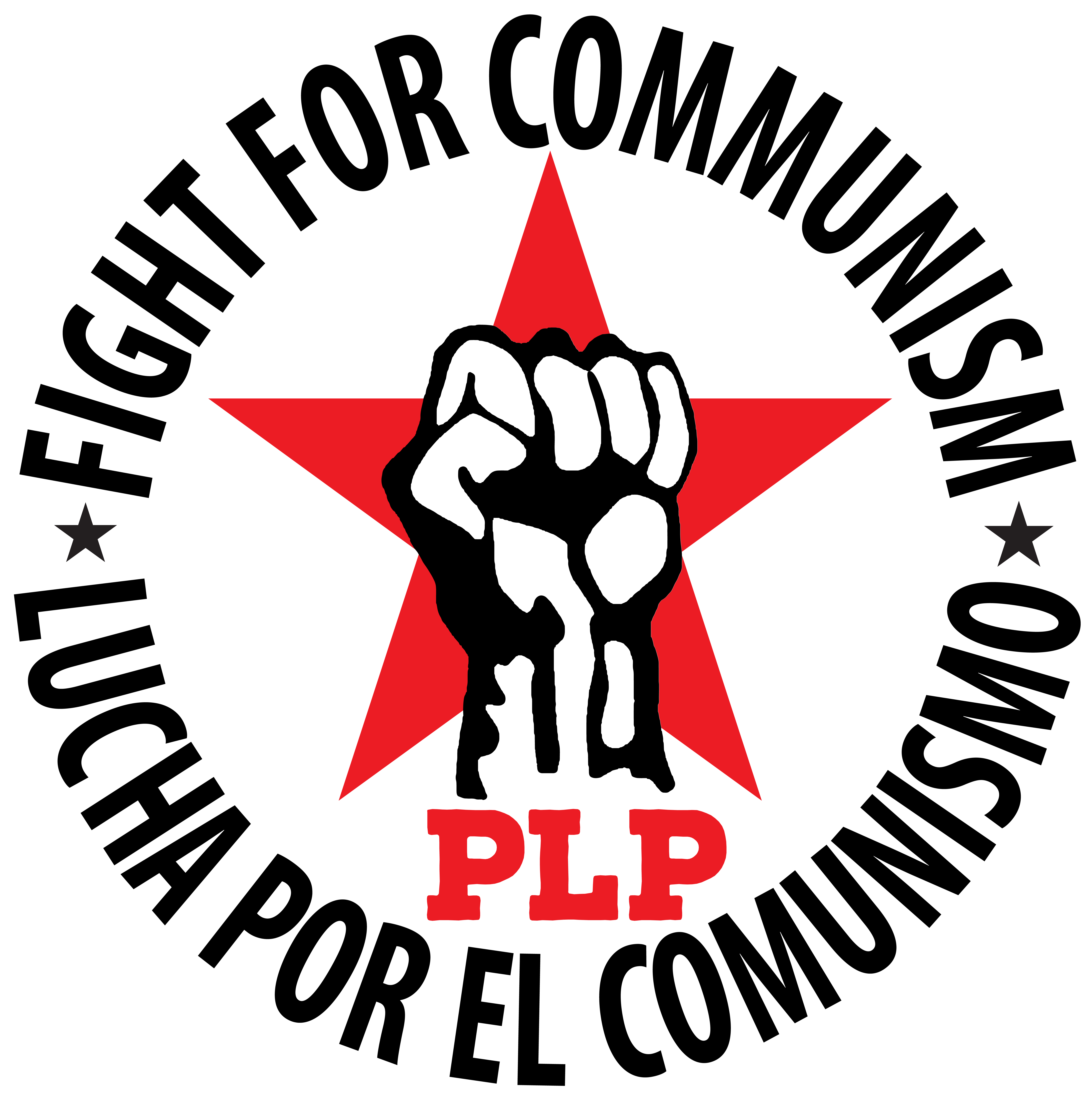China’s Capitalist Roaders Wreck Proletarian Cultural Revolution
 Thursday, May 8, 2014 at 10:01PM
Thursday, May 8, 2014 at 10:01PM In 1966, at the start of the Great Proletarian Cultural Revolution, the Progressive Labor Party was one year old. Our Chinese comrades influenced our political line and inspired our work. They showed us the critical importance of breaking with revisionism — the fake-leftist ideology, put forward by “capitalist roaders,” that actually serves the bosses. They taught us about the power of the collective and of leadership that comes from the masses, and the need to rely on workers over elite experts and technocrats. The Chinese comrades’ experience also underlined the danger of keeping remnants of capitalism — like money and wages — in a worker-run state, and how these elements pave the way for the return of full-blown capitalism.
The first two parts of this first-person account of the Cultural Revolution told the story of a village factory and the author’s evolution from high school student to factory manager. He left his village in 1978 to attend a teachers college. By the following year, he would find it much changed.
‘I Missed the Village Life’
In July the college closed for summer vacation, and I came back home. The train stopped at Qingdao, but there was no bus to my hometown. I went to the Qingdao steel factory, where my former colleagues were assembling the cranes. Guan Dunyan, my predecessor as factory manager, was excited to see me, and asked one of the workers to carry me back home on his bike. It was Huang Jianguo, the worker who’d designed the tractor cabs.
On the way to the village, Huang objected to the accent I’d acquired at college — I hadn’t even been aware of it. He warned me to change back, which proved not to be difficult. Once I was back with my friends in the village, I spoke like them again.
I visited Wang Xuejin and we talked about conditions in the factory and my successor, Guan Dunxiao. The son of a former landlord, Guan was also one of the two first high school graduates in the village. I also visited Zhao Licheng, the party leader who’d insisted that I run for factory manager and made sure I was honored as standard bearer four years in a row. He said that he really missed me. I missed him as well — I missed village life.
After the summer, back in college, I heard that Deng Xiaoping’s government was breaking up the collectives. Farmers would be given a piece of land to farm on their own. Collective assets, including the factories, would be broken up as well to give people more incentive to work hard. I immediately realized this was a terrible mistake.
‘Defend the Collective’
By late January, 1979, when I came back to the village for winter break, the collective land was already broken into individual lots. Anyone who refused to carry out this policy — including all seventeen of the Party’s county secretaries in Yantai Prefecture — was summarily removed from office by Deng’s government. The new leaders, appointed by the central government, forced the breakup of the collective down the people’s throats.
Zhang Fugui — model farmer, party secretary of Xia Dingjia village, and a member of Shandong Provincial Party Committee — yelled through the village loudspeaker that as long as he was alive, collective assets in the village would be defended and the collective would stay intact. But he was removed from office and taken away from his village. He was taken by surprise by the comeback of the capitalist roaders.
Millions of people like Zhang were purged from the Party, and many wound up in prison for twenty years or life. The struggle between the two camps inside the Chinese Communist Party was not a mere difference of opinion — it was a struggle of life and death. Deng Xiaoping was ruthless, like Jiang Jieshi’s brutal regime during the civil war.
In my village, land was laid to waste because farming did not make enough money. The collective had farmed because people needed to be fed, and combined the income of the farming section with that of the collective-owned industry. Now that the factory workers were given individual pieces of land, they had no time to take care of it because of their factory work. Meanwhile, the farmers now needed to make more money and looked for side employment. As a result, they failed to take care of their plots.
The village factory was privatized as well. Zhao Licheng bought equipment from the village and took some people with him to set up his own factory. Guan Dunxiao did the same.
What held the village factory together was the spirit of equality among the workers under collectivization. With collective ownership, everybody benefited when the factory did well and everybody suffered when it did poorly. This was no longer true after the factory was privatized. The private owners wanted to increase their profits, which meant they paid workers less and compelled them to work longer hours. Class conflicts emerged that led to resentment and disintegration.
Wang Xuejin, the village factory’s secret weapon in the early days, was convinced to work for Zhao in the beginning. Zhao offered to pay him 5,000 yuan a year, a lot of money at the time — nearly ten times more than the average wage. Wang was happy with this arrangement, and worked very hard. But at the end of the year, he discovered that Zhao cleared more than 100,000 yuan in profits from the operation. Under collectivization they’d earned the same number of work points. Now their lives were very different.
Wang complained to Zhao by citing an old saying from Confucius: that people were unhappy not because they were poor, but because others made more than they did. In response, Zhao promised to increase Wang’s salary for the following year and also to buy him a new apartment. Wang made a couple thousand more yuan the next year, and another few thousand the year after. But he was no longer happy. And the other workers from the original factory left to set up their own operations, leaving Zhao to hire workers from other areas.
Part Four of this memoir will examine widening inequality in the author’s village as Chinese society falls apart after the defeat of the Cultural Revolution.





 Progressive Labor Party (PLP) fights to destroy capitalism and the dictatorship of the capitalist class. We organize workers, soldiers and youth into a revolutionary movement for communism.
Progressive Labor Party (PLP) fights to destroy capitalism and the dictatorship of the capitalist class. We organize workers, soldiers and youth into a revolutionary movement for communism.




Reader Comments